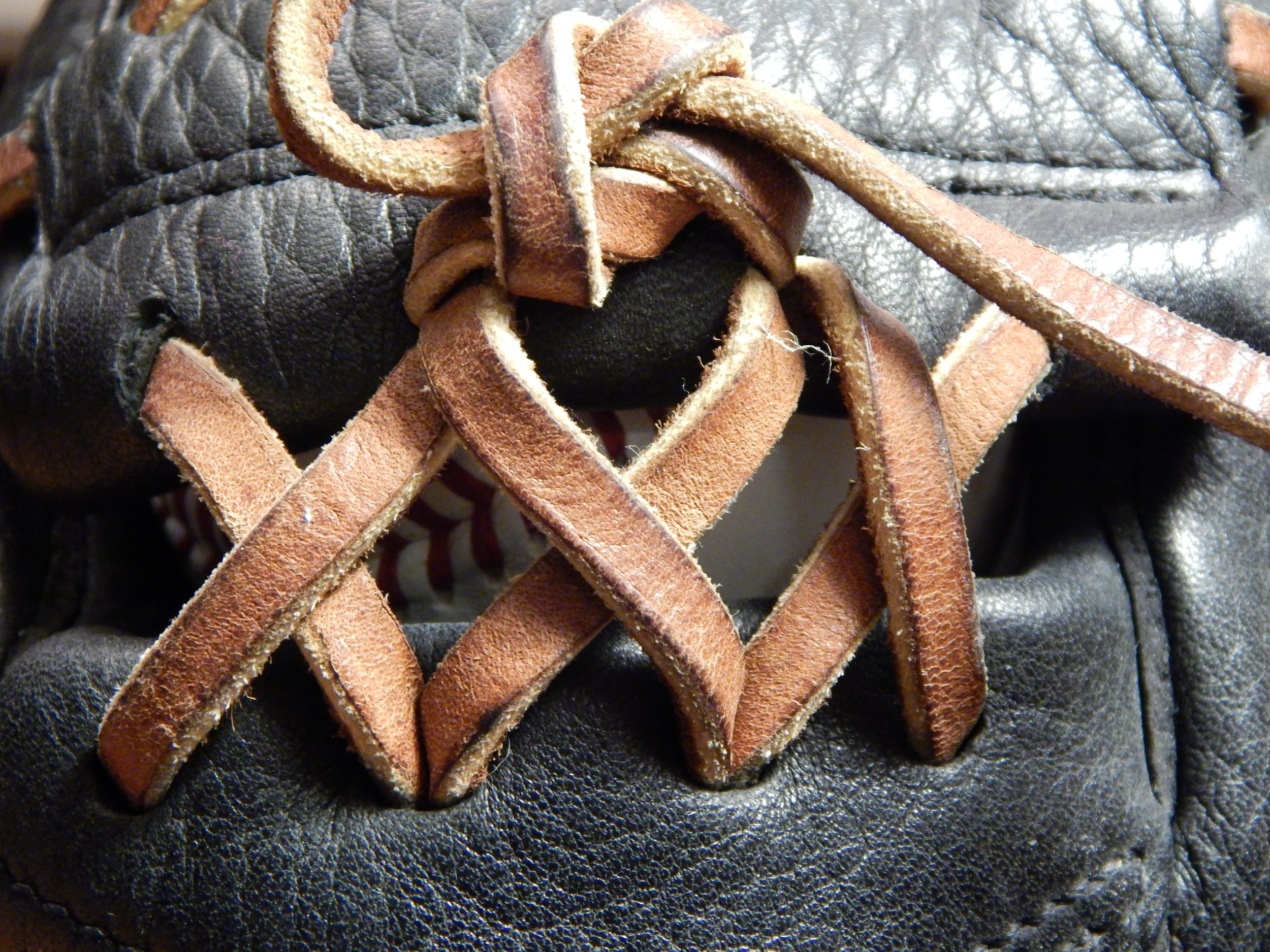Exodus 19-40
I hope the first part of Exodus was challenging for you personally. It was for me. Handling threats to your territory, working on a hardened heart, and accepting that your journey is like that of Israel’s are three big themes speaking to our heart’s condition. As we move into the second half of Exodus, we get an even closer look into God’s heart and our own.
This week we’ll explore three key ideas from Exodus 19-40 and help bring them to the baseball field. Again, I am sure you know the stories, but take some time to read Exodus 19-40 and watch the Bible Project’s video outlining the framework of Exodus 19-40 as well (https://thebibleproject.com/explore/exodus-19-40/) as we dive into this week’s “Baseball Guy’s Bible Guide.”
Due up in the Bottom of the Ninth:
- Set Apart
- Moses’ Intercession
- The Tabernacle
Set Apart
Some guys are just set apart. Jason Varitek is one of those guys. The first time I got to see Tek play was in my first visit to Omaha for the College World Series in 1994. He led his Georgia Tech team, along with future Red Sox teammate Nomar Garciaparra, to a 2-0 victory over Cal State Fullerton on a sunny day at old Rosenblatt Stadium. Tek did so many things that stood out that day and his career is one of extraordinary achievement. Not only did he play in the College World Series, but he also played in the Little League World Series, Major League World Series, the Olympics, and the World Baseball Classic. That’s a career set apart.
This idea of being set apart is what God entrusts the Jewish people with through the story of Exodus. Direct communion with God was initially lost in the Garden, but through God’s promise to Abraham He will again give access to His presence through the Israelites. God gives these people a whole set of laws and they will become the people who will represent God to the nations of the world. Obeying the laws is going to be difficult, but if anyone can do it, it’s these people.
Well, that is before Moses takes too long on top of the mountain.
Moses’ Intercession
Exodus 32, 33, and 34 outlines how Moses stands up for the people and intercedes with God for their good. God interrupts His meeting with Moses and tells him to go down because the people have made an idol, the Golden Calf. Moses finds the people worshiping the Calf after agreeing to the covenant with God and he’s angry. He destroys the tablets and continues talking with God on behalf of the people.
Moses reminds God of His covenant with Abraham and we get an incredible picture of our God. God chooses faithfulness in spite of His grief and pain thanks, in part, to the intercession of Moses. God knows what this broken promise will cost Him, but He will abound in covenant faithfulness. He will keep His promise. The Golden Calf becomes an opportunity for Moses to stand up for his people.
This is the role of leaders. It’s to intercede for all teammates and remind them of what is good. It is to encourage mercy and grace. The evildoers will not go unpunished, but that punishment might look different that we might imagine. Leaders don’t need to enact the heavy hand of justice, but they know time will show what is good and right. Sometimes we need a physical manifestation of this goodness beyond just a person and that’s what brings us to the Tabernacle.
The Tabernacle
Exodus ends with the Tabernacle being constructed. This sacred tent and all of the detail of the construction of the sanctuary for God is so important. It is the temple where God can be among His people and echoes back to the Garden of Eden when God and Israel can live in peace. It becomes the model for the Temple in Jerusalem later and also gives us a picture of Christ dwelling in each of us as temples designed for the Holy Spirit to live.
But after all of effort that went into the construction of the Tabernacle, Moses can’t enter into God’s presence because of Israel’s sin. The relationship has been damaged, and this leads us into Leviticus and the law next time.
This picture of Moses not being able to enter brought me back to one of my earliest baseball memories. I was supposed to see my first live baseball game in Kansas City in 1981. Imagine that. I’m 7 years old and we’re heading on a road trip so I can see the defending American League champions play at Royals Stadium. The fountains. George Brett. Dan Quisenberry. Frank White. Willie Wilson. My dad had been planning this trip around his work schedule and we were on our way.
But there was a problem. The 1981 season was shortened by a strike. All of that anticipation I had of going into the stadium to see my first game became a whole different reality. I remember walking around the stadium only able to peer through a chainlink fence. I distinctly recall standing behind left field at a vast emptiness. The colored seats, a blank scoreboard, no fountains. A boundary between me and what should have been a much different memory.
I did get to see my first game a year later in Anaheim between the Angels and Tigers, but the picture here is an important one. Moses builds the Tabernacle with his people, but is unable to enter because of the damaged relationship (Exodus 40:34-35). He goes through all of this effort to commune with God, and is unable to enter in the same way I was unable to enter Royals Stadium in 1981. That’s one layer of the story.
But there’s another layer. Instead of picturing Moses on the outside unable to enter, imagine God being on the outside of our heart because of our departure from His ways. He wants nothing more than to be on the inside of that temple enjoying a game with you and He’s been making ways for us all to have that level of communion with us from the beginning of time. The picture of God as a loving Father is an important one, but I wonder if we’d benefit from seeing God as a young boy hoping to see His first ballgame, too.




